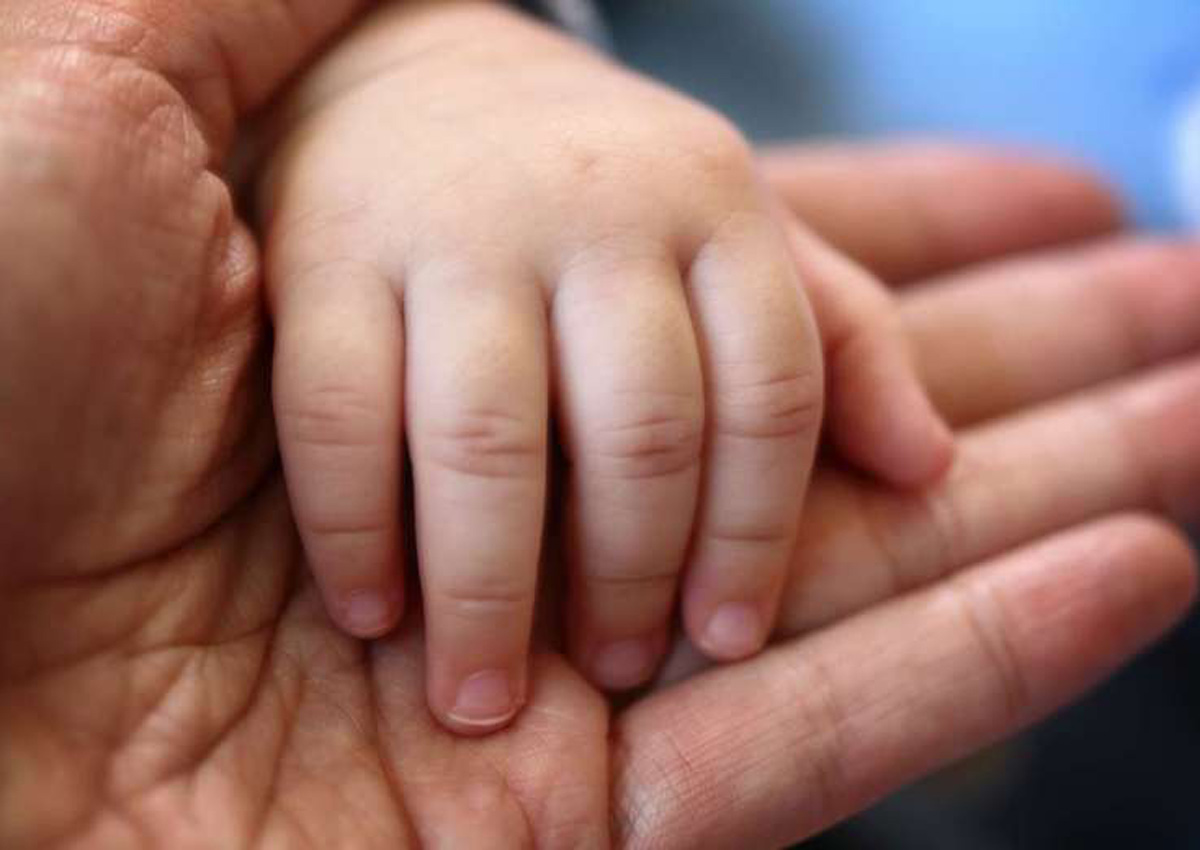A woman must be 35 or older, or have experienced at least two failed pregnancies or implants, to take part in a clinical trial to genetically screen embryos before they are implanted.
The National University Hospital (NUH) will be leading the trial, which will start next year. There is no age restriction for women who fall into the second category.
Last week, Senior Minister of State for Health Amy Khor said NUH will conduct a three-year trial to genetically screen embryos for in-vitro fertilisation (IVF).
Singapore does not allow such screenings but several countries, such as the United States, Britain, Australia, China, Malaysia and Thailand, do.
In these countries, the screenings were found to have increased the chances of successful pregnancies and live births.
In Singapore, one in five IVF attempts results in the birth of a baby.
Dr Lim Min Yu, from NUH’s Division of Reproductive Endocrinology and Infertility – and an investigator in the trial – said the biggest reason for failed pregnancies or implants is chromosomal abnormalities.
Screening the embryo will ensure that only embryos with the correct 22 pairs of chromosomes, and the sex chromosomes XX in female and XY in male, are implanted.
While this does not guarantee a baby, it significantly increases the chances of success.
Dr Lim said fears that parents will abuse the system to select certain characteristics for their baby, including its gender, are unfounded.
He said: “Preimplantation genetic screening does not screen for genetic diseases, in terms of looking for these faulty genes. It is designed to assess the number of chromosomes each embryo has, and only select embryos with the correct number (46) for transfer.”
He said a stringent study, carried out in Beijing and Los Angeles involving more than 100 women, found that women whose embryos had been checked for the correct number of chromosomes had a 65 per cent higher chance of getting pregnant.
The study did not report on the number of live births.
Dr Lim said the purpose of the Health Ministry-funded trial is to find out if such screenings “can improve the outcome of an IVF cycle in our local population, by increasing the live birth rate and reducing the risk of miscarriage and chromosomal abnormalities”.
He added that screening for the correct number of chromosomes is very different from checking for known hereditary diseases, which is called preimplantation genetic diagnosis, and is done here to check for disorders like thalassemia, haemophilia and muscular dystrophy.
Singapore does not allow screening for Down syndrome in embryos. The syndrome affects a child’s mental and physical development, but the extent of impairment varies.
Under the trial, embryos with Down syndrome will not be used, as they have an extra chromosome.
Thomson Fertility Centre medical director Loh Seong Feei said one of his patients, who found that her baby had Down syndrome, terminated her pregnancy, after much heartache.
He said: “Many of my patients have suffered this fate. That is why I am very much for the technique to be allowed in Singapore.
Preimplantation genetic screening can help the patient avoid the pain of mid-trimester termination because of chromosomal abnormality.”
But some religious groups object to the screening due to concerns that embryos found defective will be discarded, along with spare embryos.
The principal investigator for this trial is NUH professor P. C. Wong but patients can also go to SGH and KK Women’s and Children’s Hospital. Recruitment of couples for the trial will start next year.

This article was first published on November 15, 2016.
Get a copy of The Straits Times or go to straitstimes.com for more stories.






